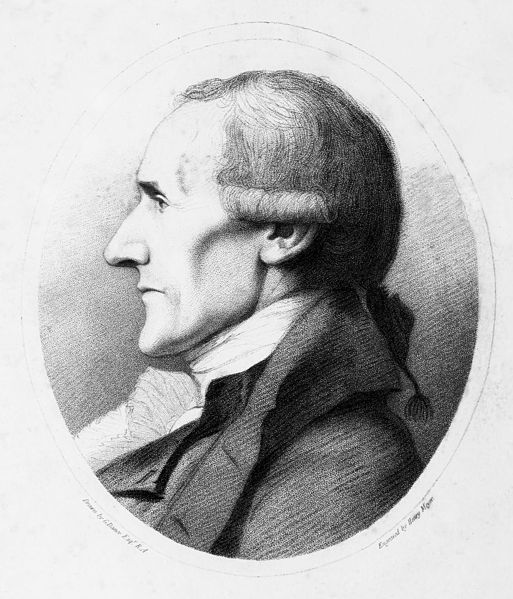David WyndHas been a part of BeachcomberFX since his arrival in the North East in 2014. He is well travelled (at least in the UK) having lived in Manchester, Nottingham, Derbyshire, Southport, Doncaster, Berwick and Edinburgh. Supporter of Newcastle United, will watch any sport. www.anotherpath.co.uk
Exile and Imagination : Martin Ainsworth from YFC talks about the goal of what the church does online.
David WyndHas been a part of BeachcomberFX since his arrival in the North East in 2014. He is well travelled (at least in the UK) having lived in Manchester, Nottingham, Derbyshire, Southport, Doncaster, Berwick and Edinburgh. Supporter of Newcastle United, will watch any sport. www.anotherpath.co.uk
Exile and Imagination : Martin Ainsworth on Technology in COVID19
David WyndHas been a part of BeachcomberFX since his arrival in the North East in 2014. He is well travelled (at least in the UK) having lived in Manchester, Nottingham, Derbyshire, Southport, Doncaster, Berwick and Edinburgh. Supporter of Newcastle United, will watch any sport. www.anotherpath.co.uk
Exile and Imagination : The Beginning
David WyndHas been a part of BeachcomberFX since his arrival in the North East in 2014. He is well travelled (at least in the UK) having lived in Manchester, Nottingham, Derbyshire, Southport, Doncaster, Berwick and Edinburgh. Supporter of Newcastle United, will watch any sport. www.anotherpath.co.uk
BFX Rock the Lockdown Mixtape 2020
As we continue to make our way through the lockdown here is the playlist you have been waiting for. Enjoy David WyndHas been a part of BeachcomberFX since his arrival in the North East in 2014. He is well travelled (at least in the UK) having lived in Manchester, Nottingham, Derbyshire, Southport, Doncaster, Berwick and Edinburgh. Supporter of …
BFX March 2020 Mixtape
Here it is! The March mixtape for you all to enjoy. April is now upon us and I will be asking for your choices as the month progresses. If you want to know more about the mixtapes check out January (with a little bit of an explanation about the monthly mixtapes) and February with a little bit of an explanation about …
BFX February 2020 Mixtape
Here it is! The February mixtape for you all to enjoy. March is now upon us and I will be asking for your choices as the month progresses. If you want to know more about the mixtapes check out the January one here with a little bit of an explanation about the monthly mixtapes. David WyndHas been a …
Walter Brueggemann
Born in Nebraska in 1933, Walter Brueggemann is an Old Testament theologian, St Louis Cardinals fan and for some, one of the most influential Old Testament scholars of the last 40 years or so. He uses a practice called rhetorical criticism (basically looking at the meaning behind words, phrases, images, gestures, performances, texts, films etc that people use to communicate) …
BFX January 2020 Mixtape
Welcome to the first in our BeachcomberFX mixtapes! The idea behind these mixtapes is to create monthly lists of songs that have resonated with us in some way. Maybe you had a tough week and this song helped get you through or your choice makes you feel amazing whenever you hear it. It could be one of those songs that …
Granville Sharp
This first post on prophets and influencers is on Granville Sharp. I am going to assume that not many people know who he is, but out of interest you could respond with a 👍 or 👎 below if you know, and haven’t used the internet or some other means to look him up. First some background Sharp was born in …


